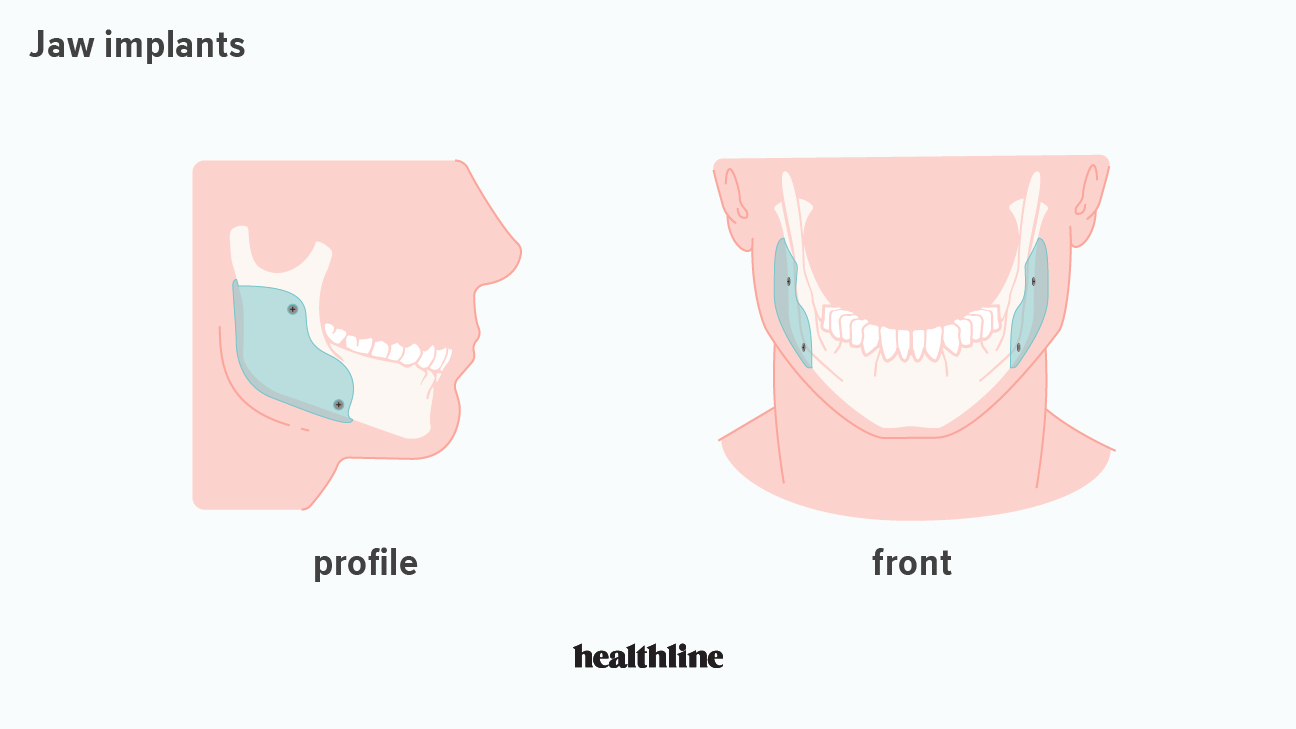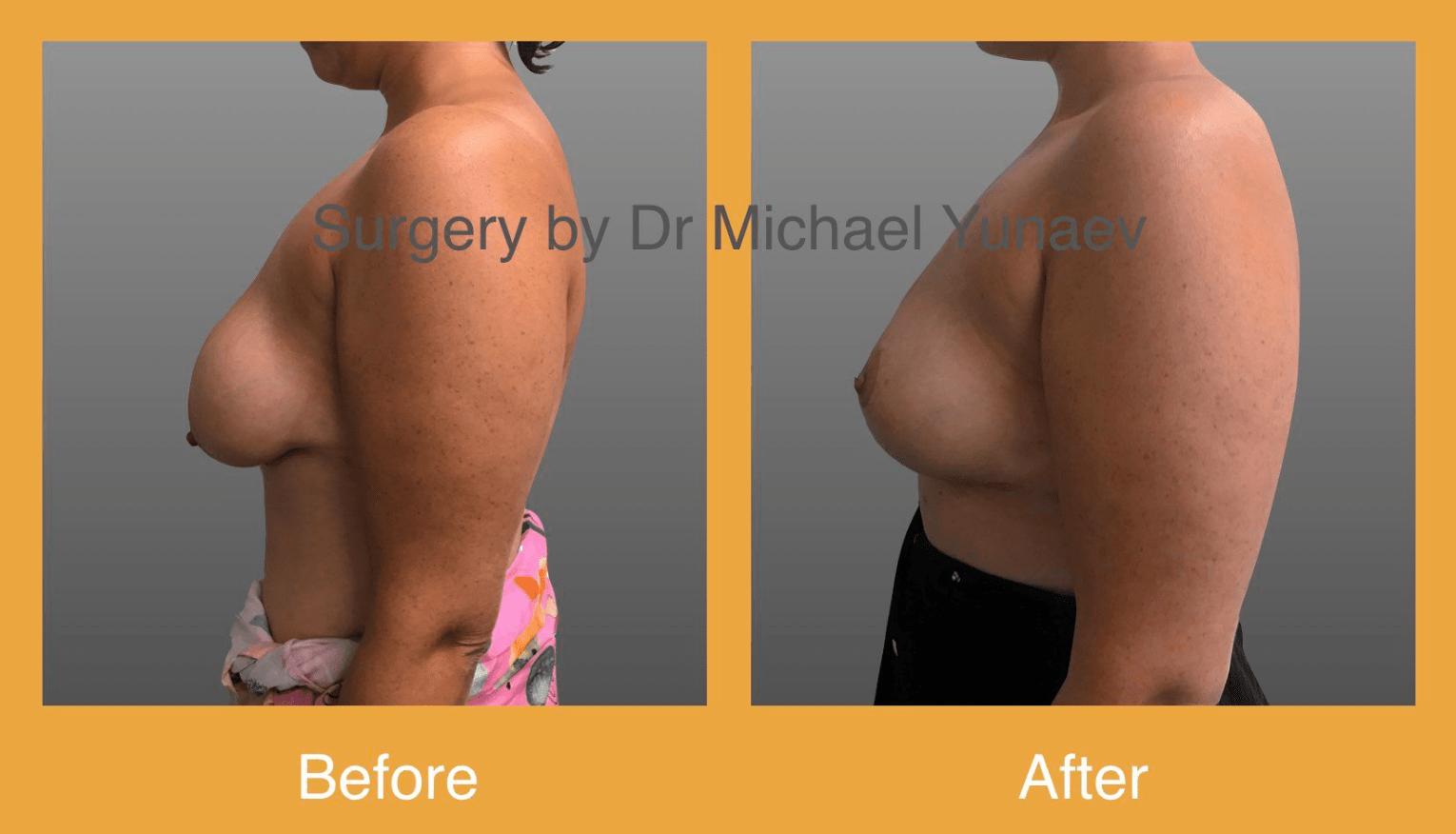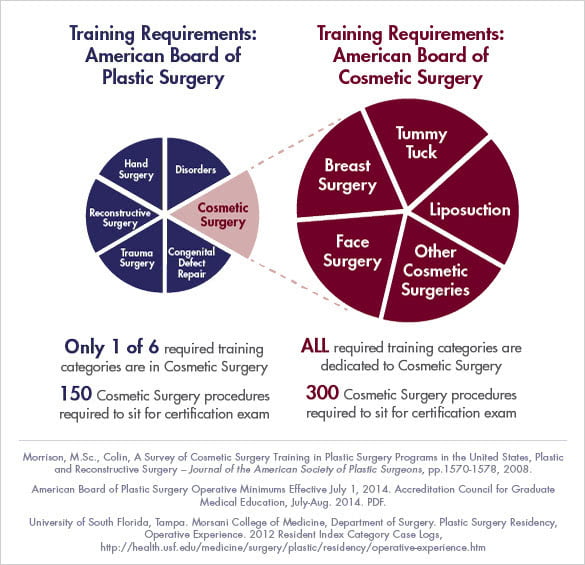
There are many options for treating nasal septum bleeds. We'll be discussing surgical options and non-surgical treatments, as well as side effects. We'll also discuss the options for antihistamines as well as whether surgery is an option. If you are looking to avoid surgery, a home remedy is an excellent option. However, if you're unsure of which method to use, contact a doctor.
Non-surgical therapies
You may wonder what the best treatment for a hole in your nose septum? Some people experience no symptoms. Others may have bleeding and scabbing. Non-surgical treatment may be your best option if you have any of these symptoms. These are the most common treatment options to treat nasal septum perforation.

Surgical options
There are other options available for treating this condition, including surgical options for nasal septum piercings. These procedures are not ideal as they can cause infection or bleeding. Another surgery may be required if the perforation reopens. Discuss your options with your doctor if home treatment is an option. Below are the pros, cons and benefits of each type.
Side effects of surgery
There are many symptoms that can be caused by a perforated nasal septum. Nasal bleeding is one of the most common, but if the hole is large, it can also cause significant blood loss and crusting of the mucous membrane. You may also get chronic infections. A perforated septum can cause bleeding or crusting that may interfere with normal breathing.
Antihistamines
The use of antihistamines for nasal septum per foration is not a viable home treatment for this condition. They may cause side effects, as well as preventing inflammation and irritation. Antihistamine side effects include dryness of the nose, sore throat, and whistling.

Steroid sprays
There are two types of treatment available for nasal septum piercing: either surgical treatment or topical creams. Both are designed to treat the symptoms of the perforation while the former is a long-term fix. Before starting any treatment, discuss your options and consult your doctor. Nasal ointments are a good way to keep the septum moist. They also regulate breathing. Some ingredients in these ointments can be harmful to the body.